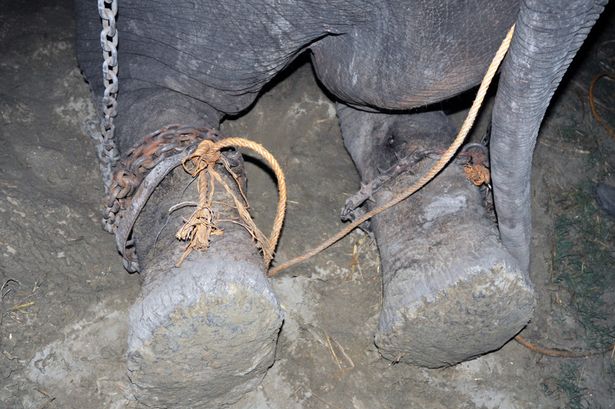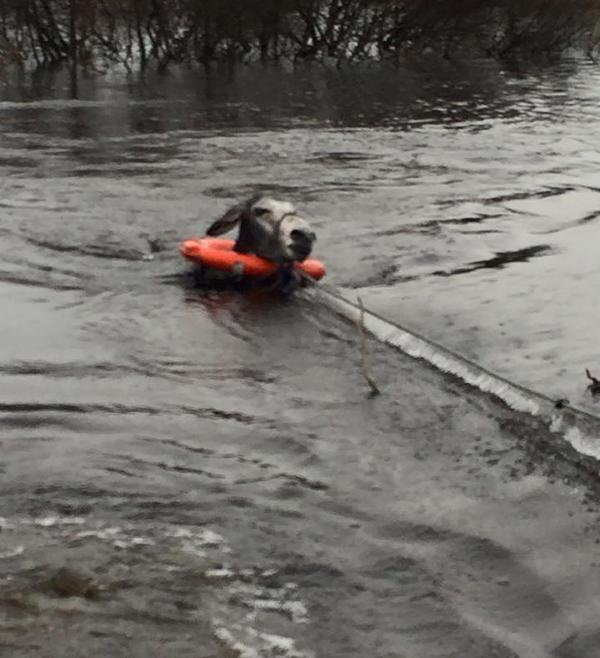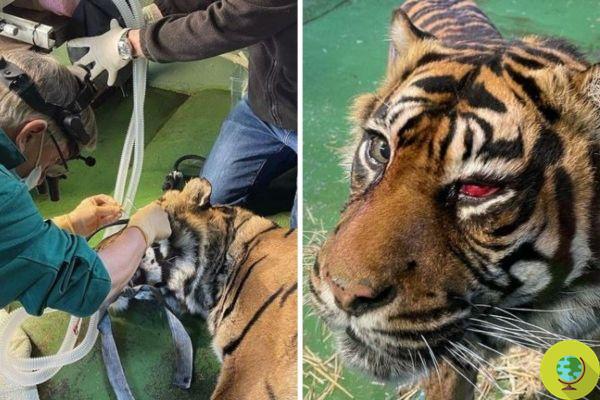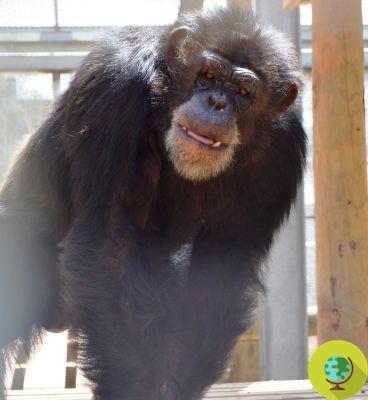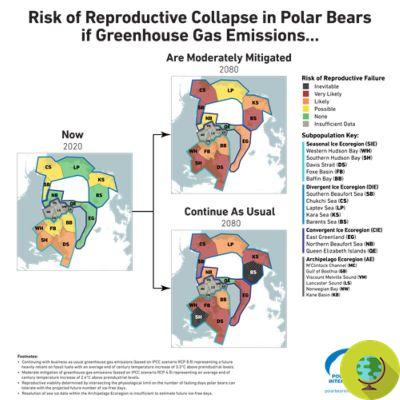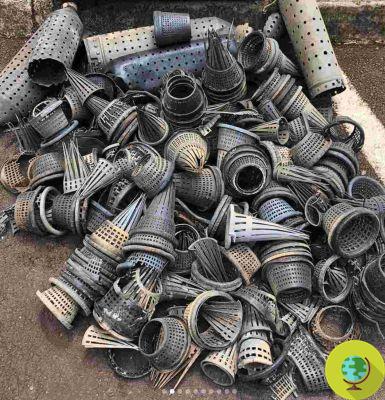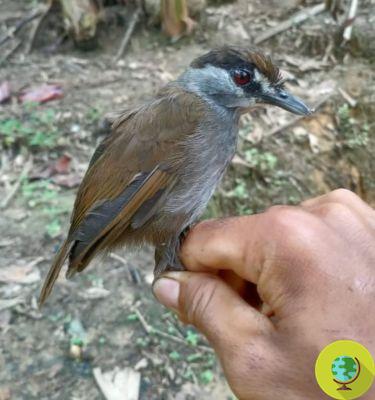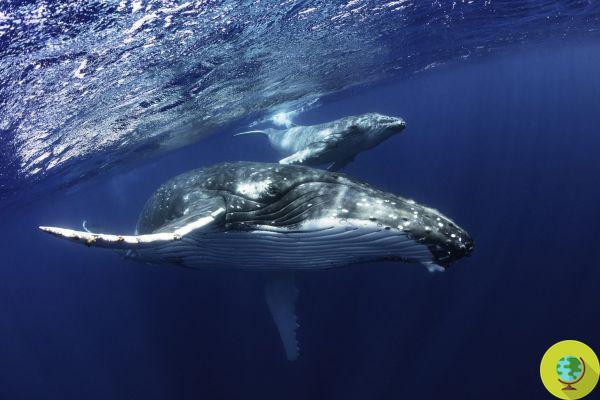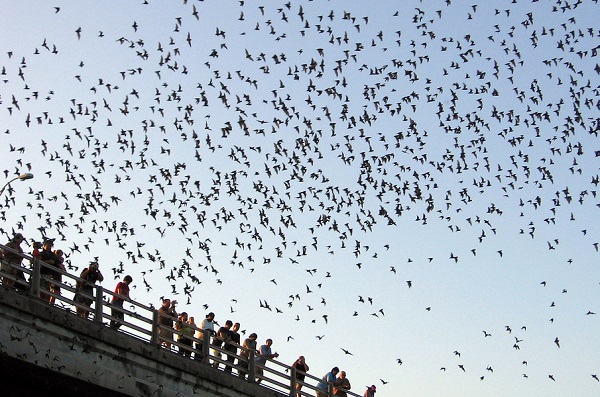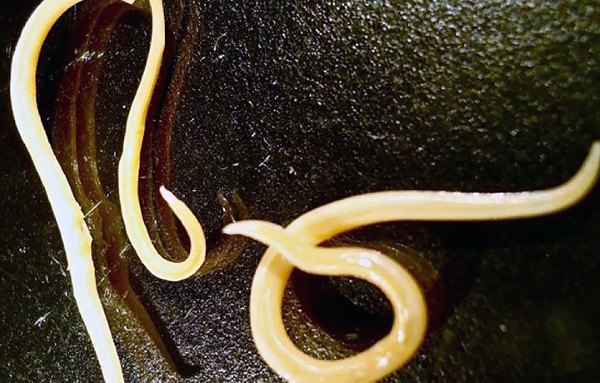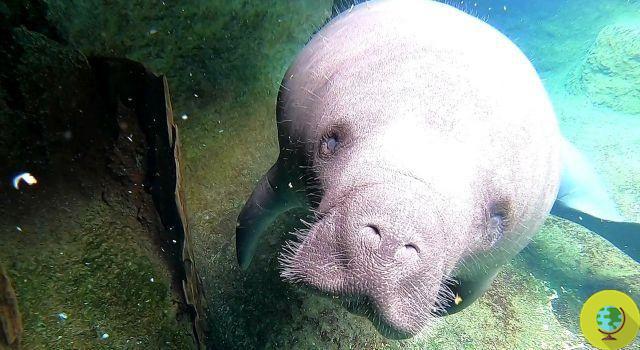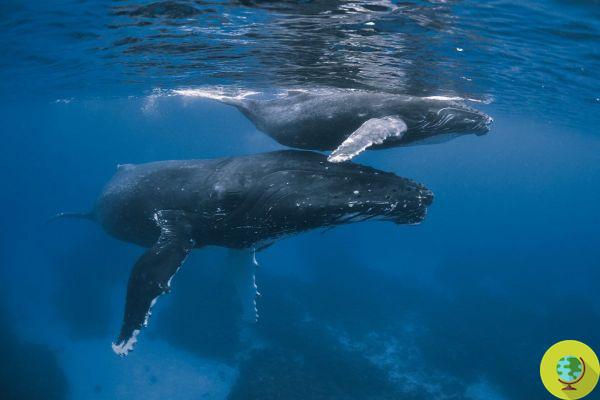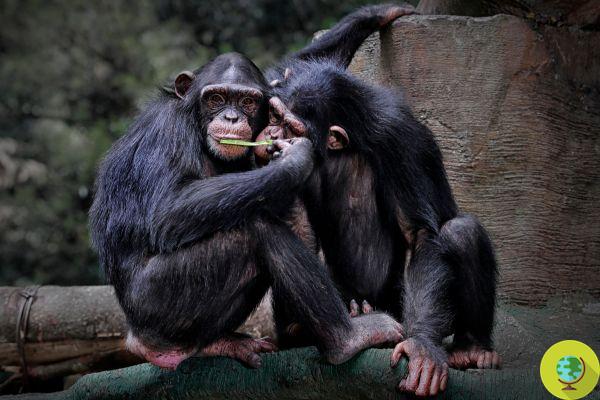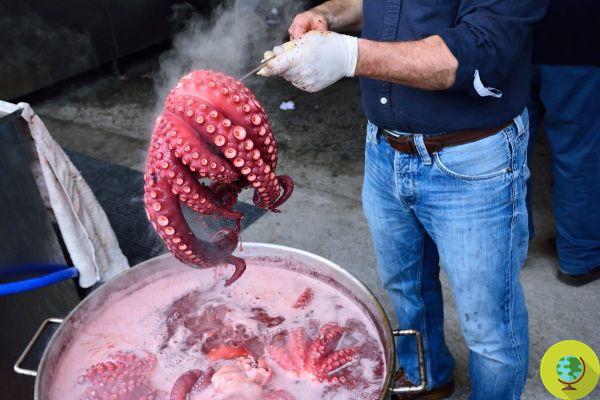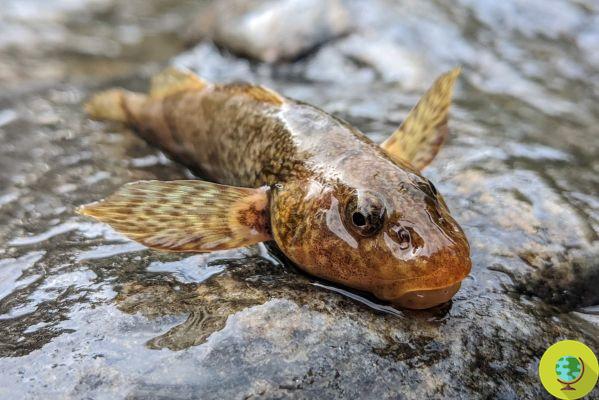
'a kind of living fossil. It is called Asprete (Romanichthys Valsanicola) and is a very rare fish, according to the Iucn at risk of extinction
He is about to end up run over, his mother saves himIt is a kind of living fossil. It is called Asprete (Romanichthys Valsanicola) and is a very rare fish, according to the Iucn at risk of extinction. For some time there has been no news of him but recently some specimens have been sighted in the Valsan river in Romania.
The asprete is a freshwater fish whose origins date back to about 65 million years ago. It is estimated that only 15 specimens survive along one kilometer of the Valsan riverbed in central Romania. Due to its nocturnal habits, it spends most of the day hiding under the rocks, which is why it is very difficult to see. But, thanks to a stroke of luck coupled with perseverance and study, a group of scientists and activists working to prevent extinction found a group of 12 specimens last month, and were even able to film them to the delight of the people. lovers of the species.
Threatening it are various factors: from the deforestation of riparian areas to the extraction of gravel from the bed of the streams in which it lives, from water pollution to the interruption of the continuity of the rivers due to the construction of dams. In particular, a state-owned hydroelectric project threatened its survival in Romania.
The main explanation for the demographic decline of the asprete is in the construction of the Vidraru dam, carried out by the authorities of the time to produce electricity, prevent floods and facilitate irrigation works in this part of Romania. Managed by the public company Hidroelectrica, the dam has significantly reduced the flow of the river, putting the survival of the fish at risk.
"Dear friends, this morning he gave us one of the best news" wrote in a post on Facebook the author of the discovery Alex Galvan, a well-known environmentalist who has been involved in the protection of this species for years. “It is related to our critically endangered brother and national fish - Romanichthys valsanicola, a 65 million-year-old living fossil and contemporary with the last dinosaurs to walk the planet's surface. It is the rarest fish in Europe and, according to some estimates, also in the world ”.
The animals were spotted in the Brădetu village area by Galvan and fellow ichthyologists Andrei Togor and Marcus Drimbea.
Dear friends, this morning gave us one of the most wonderful news. It is related to brother and fish…
Posted by Alex Gavan on Wednesday, October 21, 2020
"This is probably the first time this fish has been recorded in its natural habitat since the species was discovered," continues Gavab who spent part of his childhood on the banks of the Valsan River and is the most active ambassador of the cause to save the species.
"It is the rarest fish in Europe and, according to some researchers, in the world," said Gavan, who is also a well-known mountaineer.
The Asprete is protected by "all possible national and international laws and conventions" and its habitat is located in two protected areas. The new discovery shows that the habitat may be larger than previously believed.
“The current official estimate from the Ministry of the Environment is that there are only 10 to 15 specimens left, but our discovery last week showed 12 fish in one spot, which gives me hope,” Gavan said.
Sources of reference: Iucn, Facebook / Alex Gavan, Alex Gavan
READ also:
- Somali elephant shrew rediscovered in Africa after 50 years: believed to be extinct
- They thought they were extinct, but luckily they were wrong: the "blue bees" still exist!




